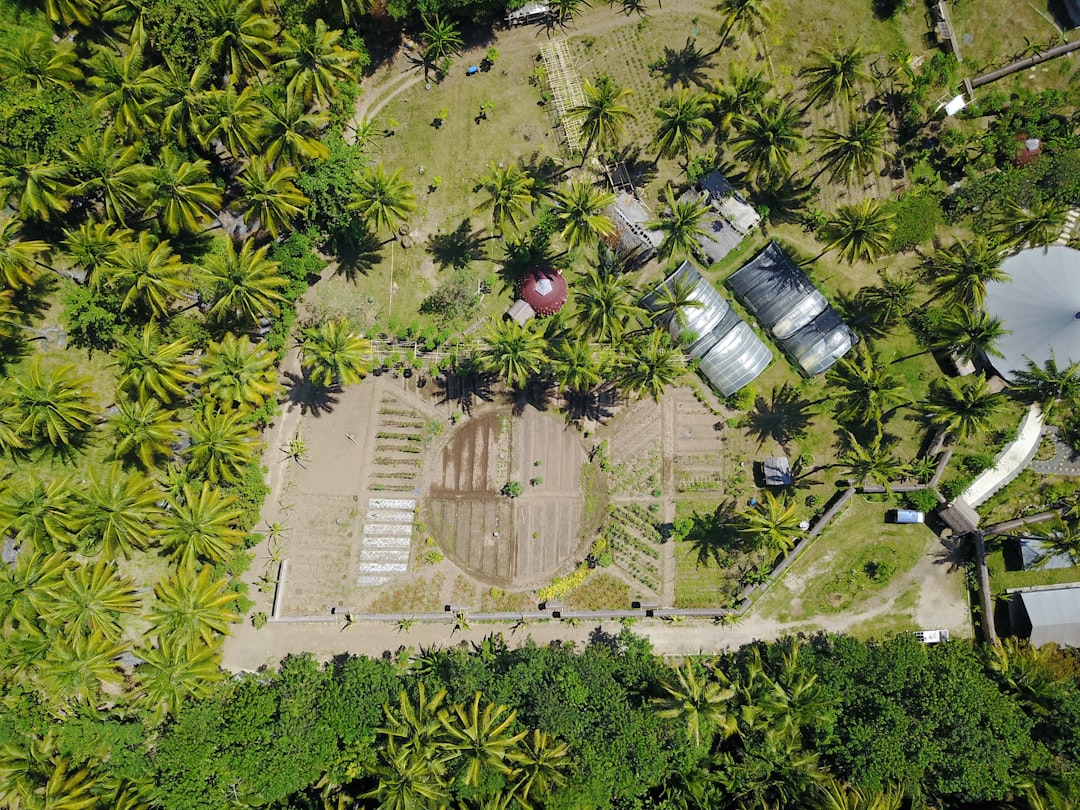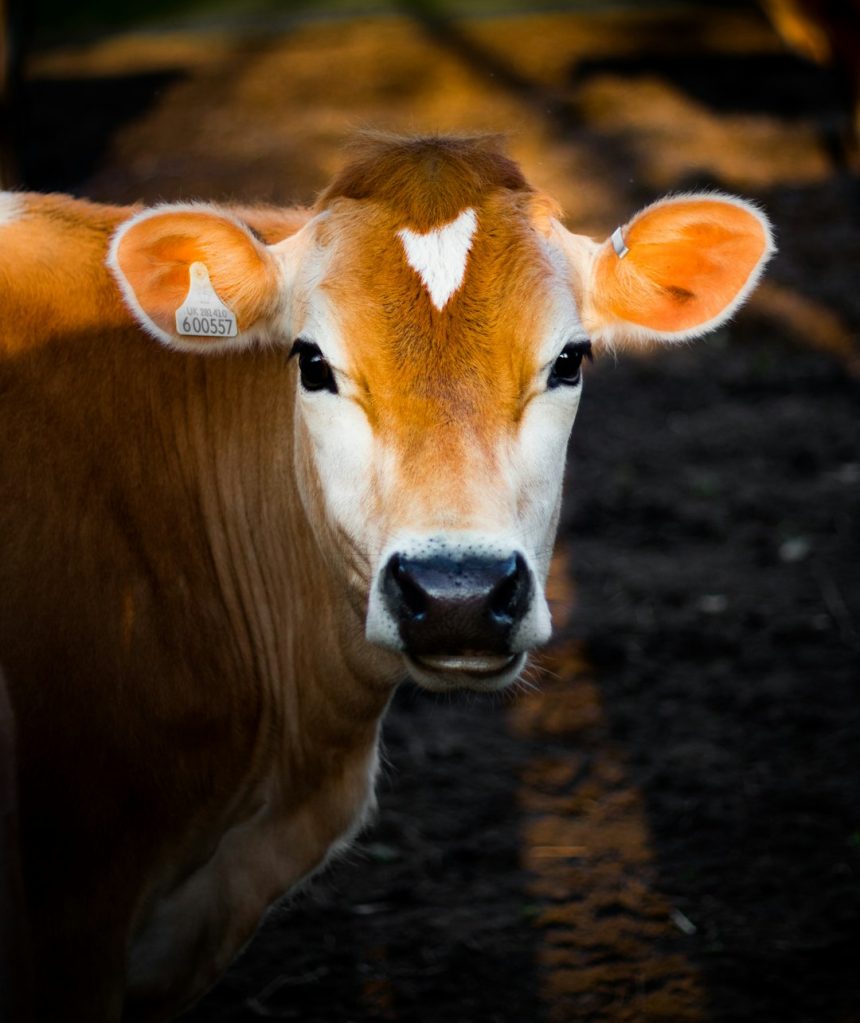The cocoa industry, vital to global chocolate production and a crucial economic driver in many developing countries, is undergoing transformative changes. As global demand for ethically sourced and higher-quality cocoa increases, technological innovations are stepping in to optimize farming, processing, and distribution. From smart farming practices to blockchain tracking, the integration of modern technology is set to redefine how cocoa is cultivated, processed, and brought to market.
Smart Agriculture and Precision Farming
One of the most impactful revolutions in the cocoa industry is the integration of smart agriculture tools. Cocoa farmers are traditionally dependent on seasonal knowledge and manual labor, but now precision farming techniques powered by IoT devices, sensors, and drones are becoming more accessible.
These tools collect real-time data on soil moisture, weather conditions, and plant health. Analyzing this data enables cocoa farmers to make informed decisions about irrigation, fertilization, and pest control. This leads to higher yields, reduced waste, and increased income for smallholder farmers.

Blockchain for Supply Chain Transparency
Cocoa supply chains are often complex and opaque, making it challenging to ensure transparency and traceability. With growing consumer concern over sustainability and ethical sourcing, technologies like blockchain offer a groundbreaking solution.
Blockchain networks can securely log every step of the cocoa supply chain — from the farm to the processing facility and finally to the supermarket shelf. These open ledgers reduce the risk of fraud, enable real-time tracking, and foster trust between farmers, buyers, and consumers. This is particularly beneficial for companies offering fair trade or organic-certified chocolate.
AI and Machine Learning in Cocoa Research
Artificial Intelligence (AI) and Machine Learning (ML) are being used to analyze vast amounts of genetic and agronomic data to develop more resilient cocoa plants. These advanced algorithms identify traits that allow cocoa trees to resist diseases like black pod or witches’ broom, thrive in changing climates, and produce superior beans.
In research facilities, AI is also being used to automate quality control. Image recognition technologies can evaluate the texture, size, and color consistency of cocoa beans, streamlining the sorting and grading processes.

Fermentation and Drying Innovations
The post-harvest phases of fermentation and drying are crucial for developing the flavor profile of cocoa beans. However, these processes are often done manually, resulting in inconsistency. Technological innovations such as controlled fermentation chambers and solar-powered drying units offer improved precision and uniformity.
Smart fermentation systems can monitor temperature and humidity, ensuring beans are fermented under optimal conditions. This not only guarantees better-quality beans but also reduces the post-harvest loss frequently encountered in tropical climates.
Automation in Cocoa Processing
Automated processing plants are becoming more prevalent in cocoa-producing countries. Robotics and conveyor systems can streamline the bean-to-bar process, reducing labor costs and increasing efficiency. These machines can handle tasks such as shelling, roasting, and grinding with greater speed and accuracy than manual labor. Moreover, automation plays an instrumental role in addressing labor shortages and improving worker safety conditions.
Sustainability-Focused Tech
Sustainability is a growing concern in cocoa production. Technologies like satellite imaging are helping identify and prevent deforestation for cocoa farming. Smart planting guides suggest crop rotation and agroforestry practices that regenerate depleted soils and preserve biodiversity.
Meanwhile, mobile platforms are educating farmers on climate-resilient practices and connecting them with eco-friendly input suppliers. These digital tools empower local communities and support a sustainable cocoa ecosystem from the ground up.
Frequently Asked Questions (FAQ)
-
Q: How does blockchain improve cocoa supply chains?
A: Blockchain provides a secure and transparent digital ledger where every step in the cocoa journey—farming, processing, shipment—is logged and verifiable, reducing fraud and improving traceability. -
Q: What role do drones play in cocoa farming?
A: Drones help monitor large cocoa plantations by capturing aerial imagery, identifying crop health issues, and assessing land conditions for better planning and resource use. -
Q: Can AI really help cocoa farmers?
A: Yes, AI can assist in diagnosing plant diseases early, recommending best practices for increased yield, and even enhancing bean quality through automated grading systems. -
Q: Are these technologies affordable for small-scale farmers?
A: While initial costs may be high, many organizations are working on subsidies and cooperative models to make these solutions accessible to smallholder farmers.
The cocoa industry is undergoing a digital transformation, and those who embrace technological solutions will find themselves better equipped to meet the demands of a complex global market and sustainability regulations. As these innovations continue to develop, they hold the promise of a more resilient, efficient, and ethical cocoa ecosystem.


